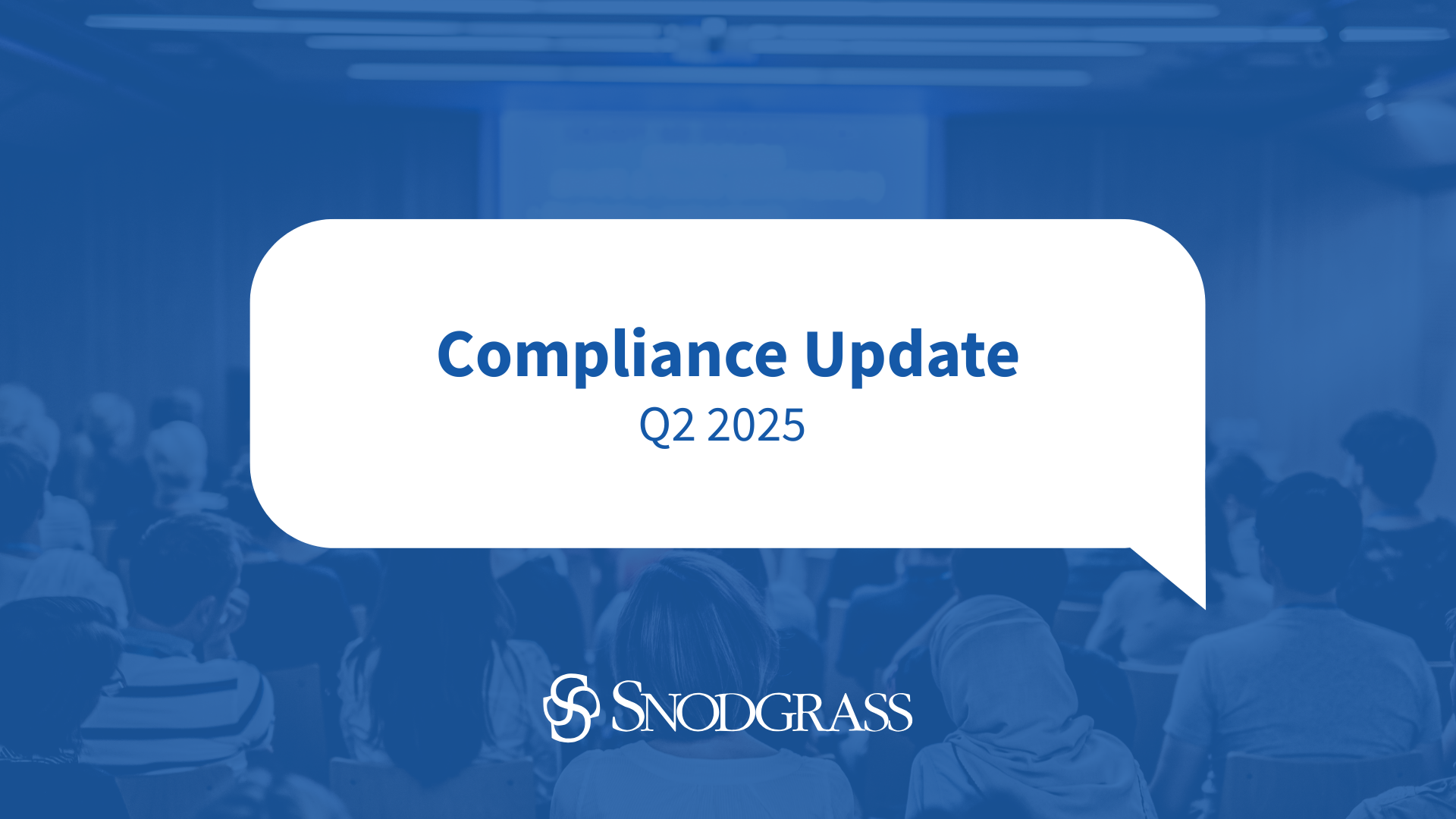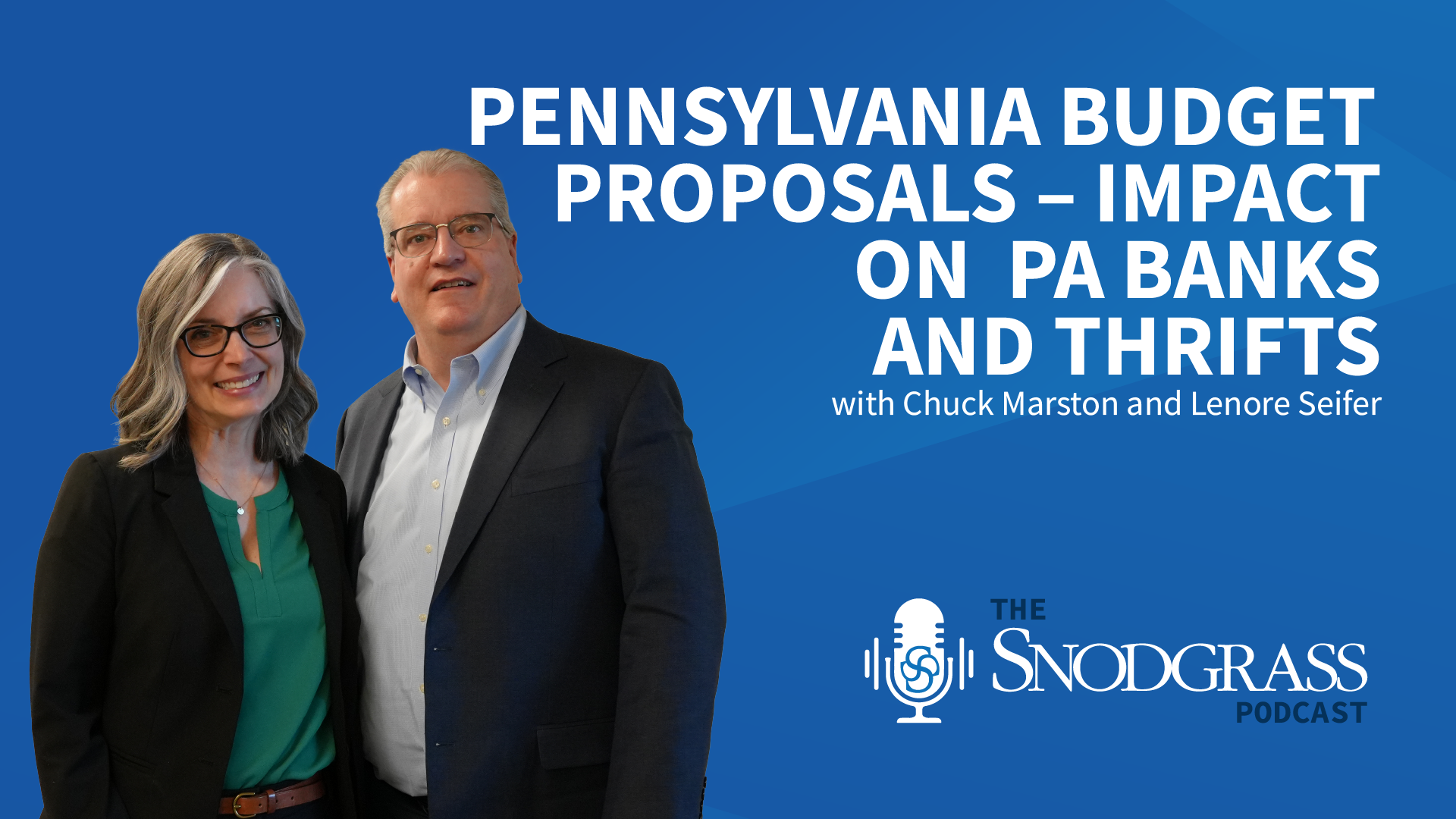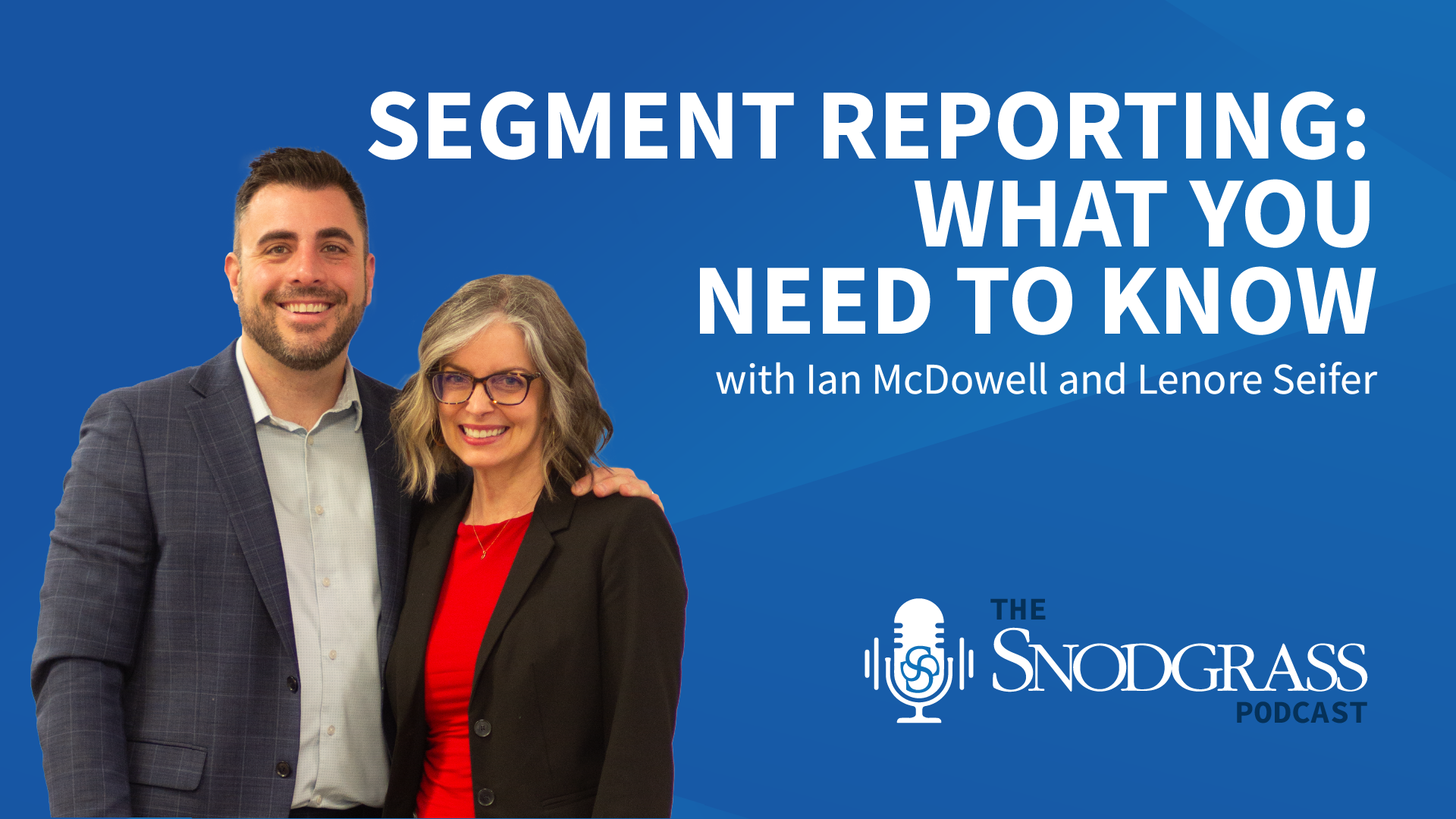Consumer Financial Protection Bureau (CFPB) Proposes Amendment to Remittance Transfer Rule
The CFPB issued a proposed rule with a narrow amendment to disclosure requirements for certain international money transfers, or remittances. The proposed amendment would provide consumers clearer information about the types of inquiries that may be better handled by their remittance company before contacting the CFPB or the relevant state regulator.
The Electronic Fund Transfer Act and Regulation E require remittance companies to give senders a disclosure at the time of payment, including on a receipt. This disclosure must include contact information for both state regulators and the CFPB.
The proposed rule would amend certain disclosures to clarify that consumers should contact their remittance company for issues specific to their money transfer. The proposal could potentially save consumers time by resolving their inquiries more quickly. Additionally, it may reduce the number of inquiries sent to states and the CFPB that would be more appropriately addressed initially by the providers themselves.
Agencies Announce Dollar Thresholds for Smaller Loan Exemption from Appraisal Requirements for Higher-Priced Mortgage Loans
The CFPB, the Federal Reserve Board (FRB), and the Office of the Comptroller of the Currency (OCC) announced that the 2025 threshold for higher-priced mortgage loans that are subject to special appraisal requirements will increase from $32,400 to $33,500.
The threshold amount will be effective January 1, 2025, and is based on the 3.4 percent annual percentage increase in the Consumer Price Index for Urban Wage Earners and Clerical Workers, known as CPI-W, as of June 1, 2024.
The Dodd-Frank Act added special appraisal requirements for higher-priced mortgage loans to the Truth in Lending Act, including that creditors obtain a written appraisal based on a physical visit to the interior of the home before making a higher-priced mortgage loan. The rules implementing these requirements contain an exemption for loans of $25,000 or less, adjusted annually to reflect CPI-W increases.
Agencies Announce Dollar Thresholds for Applicability of Truth in Lending and Consumer Leasing Rules for Consumer Credit and Lease Transactions
The CFPB and the FRB announced the dollar thresholds used to determine whether certain consumer credit and lease transactions in 2025 are subject to certain protections under Regulation Z (Truth in Lending) and Regulation M (Consumer Leasing).
By law, the agencies are required to adjust the thresholds annually based on the annual percentage increase in the CPI-W. Transactions at or below the thresholds are subject to the protections of the regulations.
Specifically, based on the 3.4 percent annual percentage increase in the CPI-W as of June 1, 2024, Regulation Z and Regulation M generally will apply to consumer credit transactions and consumer leases of $71,900 or less in 2025. However, private education loans and loans secured by real property, such as mortgages, are subject to Regulation Z regardless of the amount of the loan.
CFPB Finalizes Personal Financial Data Rights Rule to Boost Competition, Protect Privacy, and Give Families More Choice in Financial Services
The CFPB finalized a rule that will give consumers greater rights, privacy, and security over their personal financial data. The rule requires financial institutions, credit card issuers, and other financial providers to unlock an individual’s personal financial data and transfer it to another provider at the consumer’s request for free. Consumers will be able to more easily switch to providers with superior rates and services. By fueling competition and consumer choice, the rule will help lower prices on loans and improve customer service across payments, credit, and banking markets.
The rule ensures consumers will be able to access and share data associated with bank accounts, credit cards, mobile wallets, payment apps, and other financial products. It aims to address market concentration that limits consumer choice over financial products and services. Consumers will be able to access, or authorize a third party to access, data such as transaction information, account balance information, information needed to initiate payments, upcoming bill information, and basic account verification information. Financial providers must make this information available without charging fees.
Federal Deposit Insurance Corporation (FDIC) Extends Compliance Date for Subpart A of the FDIC Official Signs and Advertising Requirements, False Advertising, Misrepresentation of Insured Status, and Misuse of the FDIC’s Name or Logo
The FDIC announced that it is providing financial institutions additional time to get new processes and systems in place by extending the compliance date for the new FDIC signage and advertising rule from January 1, 2025, to May 1, 2025. The extension applies only to a portion of the final rule designed to modernize the rules governing use of the official FDIC signs and advertising statements – Part 328, subpart A.
The compliance date related to misrepresentations of deposit insurance coverage, subpart B of Part 328, remains January 1, 2025. The final rule, “FDIC Official Signs and Advertising Requirements, False Advertising, Misrepresentation of Insured Status, and Misuse of the FDIC’s Name or Logo,” was approved by the FDIC Board in December 2023.
Based upon feedback from banks and other banking industry participants, the FDIC understands that some financial institutions would find it beneficial to have additional time to implement the new regulatory requirements under subpart A. The extension applies to the provisions requiring (1) the use of the FDIC official sign, official digital sign, and other signs differentiating deposits and nondeposit products across all banking channels, including physical premises, automated teller machines (ATMs), and digital channels, and (2) the establishment and maintenance of written policies and procedures to achieve compliance with Part 328.
Since the 1930s, the black-and-gold FDIC official sign displayed at bank branch teller windows has given bank customers confidence that their deposited funds are safe. Depositors and consumers today have a variety of options for where they can deposit their money and how they can access banking products and services. The revisions in the final rule extend the certainty and confidence associated with the FDIC official sign to digital channels, such as bank websites and mobile applications, through which depositors are increasingly handling their banking needs.
FDIC Official Physical Sign:
The final rule establishes a new black-and-navy-blue FDIC official digital sign. Banks will be required to display the FDIC official digital sign near the name of the bank on all bank websites and mobile applications. Banks also will be required to display the FDIC official digital sign on certain ATMs.
In addition, the final rule modernizes requirements for display of the FDIC official sign in bank branches and other physical premises to account for evolving designs of bank branches and other physical bank locations where customers make deposits.
Consumer Compliance Outlook Released
The third 2024 issue of Consumer Compliance Outlook has been released, and is available on the Federal Reserve System’s Consumer Compliance Outlook web page. Included in this issue are the following articles and updates:
• Top Federal Reserve System Compliance Violations in 2023 Under the Real Estate Settlement Procedures Act and Regulation X
• Consumer Compliance Requirements for Purchasers of Residential Mortgage Loans
• Consumer Compliance Requirements for Servicers of Purchased Mortgage Loans
• Compliance Alert: Agencies Announce Dollar Thresholds for Regulation CC Funds Availability
• Regulatory Calendar
https://www.consumercomplianceoutlook.org/
FRB Announces Pricing, Effective January 1, 2025, for Payment Services the Federal Reserve Banks Provide to Banks and Credit Unions
The FRB announced pricing, effective January 1, 2025, for payment services the Federal Reserve Banks provide to banks and credit unions, such as the clearing of checks, automated clearing house (ACH) transactions, instant payments, and wholesale payment and settlement services.
By law, the Federal Reserve must establish fees to recover the costs, including imputed costs, of providing payment services over the long run. The Federal Reserve expects to recover 104.1 percent of actual and imputed expenses in 2025, including the return on equity that would have been earned if a private-sector firm provided the services. Overall, the Reserve Banks estimate that the price changes for 2025 will result in a 2.8 percent average price increase for established, mature services.
Along with the pricing information, the Board also released transaction volume and value data for FedNow, the Federal Reserve’s 24x7x365 instant payments service. The data show that adoption continues to grow, with modest volumes that are in line with the introduction of a new payments service.
The entire 2025 fee schedule is included in the Federal Register notice and will also be published on FRBservices.org ®. Additional information on the Federal Reserve’s payments services, including service usage statistics, is available on the Board’s website.
https://www.federalreserve.gov/newsevents/pressreleases/other20241122a.htm
Nacha – Same Day ACH
Nacha is proposing two specific amendments to the Nacha Operating Rules.
• Add a fourth daily Same Day ACH processing window aligned with the close of the business day in the Pacific Time Zone.
• Accelerate funds availability for certain non-Same Day ACH credits.
https://www.nacha.org/rules/request-comment-same-day-ach
Financial Crimes Enforcement Network (FinCEN) Assesses Record $1.3 Billion Penalty against TD Bank
The U.S. Department of the Treasury’s FinCEN assessed a record $1.3 billion penalty against TD Bank, N.A. and TD Bank USA, N.A. for violations of the Bank Secrecy Act, the primary U.S. anti-money laundering law that safeguards the financial system from illicit use. TD Bank is among the largest banks in the United States. The Department of Justice, the OCC, and the Board of Governors of the Federal Reserve System will also announce settlements of parallel investigations.
https://www.fincen.gov/news/news-releases/fincen-assesses-record-13-billion-penalty-against-td-bank
Financial Action Task Force (FATF) Identifies Jurisdictions with Anti-Money Laundering, Combating the Financing of Terrorism, and Counter-Proliferation Finance Deficiencies
FinCEN is informing U.S. financial institutions that the FATF, an intergovernmental body that establishes international standards for anti-money laundering, countering the financing of terrorism, and countering the financing of proliferation of weapons of mass destruction (AML/CFT/CPF), updated its lists of jurisdictions with strategic AML/CFT/CPF deficiencies at the conclusion of its plenary meeting this month.
The FATF added Algeria, Angola, Côte d’Ivoire, and Lebanon to its list of Jurisdictions Under Increased Monitoring and removed Senegal from the list.
The FATF’s list of High-Risk Jurisdictions Subject to a Call for Action remains the same, with Iran, the Democratic People’s Republic of Korea (DPRK), and Burma subject to calls for action. Iran and DPRK are still subject to the FATF’s countermeasures, while Burma is still subject to the application of enhanced due diligence, but not countermeasures.
Federal Bank Regulatory Agencies Seek Further Comment on Interagency Effort to Reduce Regulatory Burden
The federal bank regulatory agencies announced their third notice requesting comment to reduce regulatory burden. The Economic Growth and Regulatory Paperwork Reduction Act of 1996 requires the Federal Financial Institutions Examination Council and federal bank regulatory agencies to review their regulations at least once every ten years to identify outdated or otherwise unnecessary regulatory requirements for their supervised institutions.
To facilitate this review, the agencies divided their regulations into 12 categories and are now soliciting comments on their regulations for three categories: Rules of Procedure, Safety and Soundness, and Securities. The public has 90 days from publication in the Federal Register to comment on the relevant regulations.
The agencies will request comment on regulations in the remaining categories in 2025, asking the public to identify the regulations they believe are outdated, unnecessary, or unduly burdensome.
The agencies will hold a series of outreach meetings where interested parties may comment on applicable regulatory requirements directly to the agencies. Information about the outreach meetings will be publicized as details are finalized.
https://www.fdic.gov/system/files/2024-11/egrpra-third-notice-federal-register_0.pdf
Agencies Issue Statement on Elder Financial Exploitation
Five federal financial regulatory agencies, FinCEN, and state financial regulators issued a statement to provide supervised institutions with examples of risk management and other practices that may be effective in combating elder financial exploitation.
Older adults who experience financial exploitation can lose their life savings and financial security and face other harm. A FinCEN financial trend analysis of Bank Secrecy Act reports over a one-year period that ended in June 2023 found that about $27 billion in reported suspicious activity was linked to elder financial exploitation.
Banks, credit unions, and other supervised institutions play an important role in combating elder financial exploitation and supporting their customers who experience these crimes. The statement provides examples of risk management and other practices that supervised institutions may use to help identify, prevent, and respond to elder financial exploitation, including but not limited to:
• Developing effective governance and oversight, including policies and practices to protect account holders and the institution
• Training employees on recognizing and responding to elder financial exploitation
• Using transaction holds and disbursement delays, as appropriate, and consistent with applicable law
• Establishing a trusted contact designation process for account holders
• Filing suspicious activity reports to FinCEN in a timely manner
• Reporting suspected elder financial exploitation to law enforcement, Adult Protective Services, and other appropriate entities
• Providing financial records to appropriate authorities where consistent with applicable law
• Engaging with elder fraud prevention and response networks
• Increasing awareness through consumer outreach
https://www.fdic.gov/statement/
FinCEN Updates Frequently Asked Questions on Beneficial Ownership Information (BOI)
FinCEN has updated two Frequently Asked Questions related to access to BOI.



